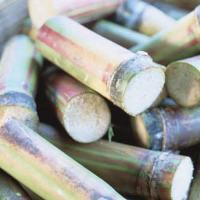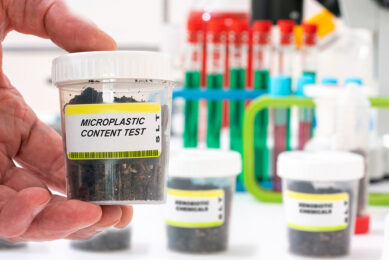Hawaii Uni tests vinasse as animal feed

University of Hawaii researchers are developing technology to convert what is now a waste product from sugar cane ethanol production into a substitute for imported fishmeal.
The results could help determine whether Hawaiian Commercial and Sugar Co.
goes into ethanol production, said Lee Jakeway, director of energy development.
UH-Manoa scientist Samir Khanal said his team is looking at converting residue
called vinasse from sugar cane ethanol production on Maui and Kauai.
Khanal was co-investigator of an Iowa State University project that won
the 2008 Grand Prize for University Research from the American Academy of
Environmental Engineers. The Iowa researchers grew a fungus in fermentation
leftovers from corn-produced ethanol. They said it saved energy, recycled more
water and improved livestock feed.
Jakeway said HC&S is supporting
Khanal’s research because the technology “would be helpful in upgrading what is
considered a waste product into something that would be value-added as animal
feed.” The ethanol fermentation process produces 40 to 55 litres of vinasse, the
waste product, he said. “We really don’t have a good solution for it now. That’s
been holding us back from moving forward with ethanol
production.
Khanal’s project has potential for both aquaculture and
agriculture, Jakeway said. “Cattlemen are interested in alternative feeds. On
Maui, we use our cane trash already for animal feed supplements and a supplement
for molasses.” Clyde Tamaru, UH Sea Grant agriculture extension specialist and
co-investigator on the project, said Khanal’s research is “very far-reaching.”
Alternative protein sources must be developed to replace imported fishmeal, he
said.
“A good example is we have two open-ocean farms for moi (Pacific
threadfin) and kahala (greater amberjack), which require high protein diets,” he
noted. “Most come from fishmeal. Environmentalists say it is not an efficient
way of doing things, that it is not helping the status of the fishery to take
fish to feed fish.”











